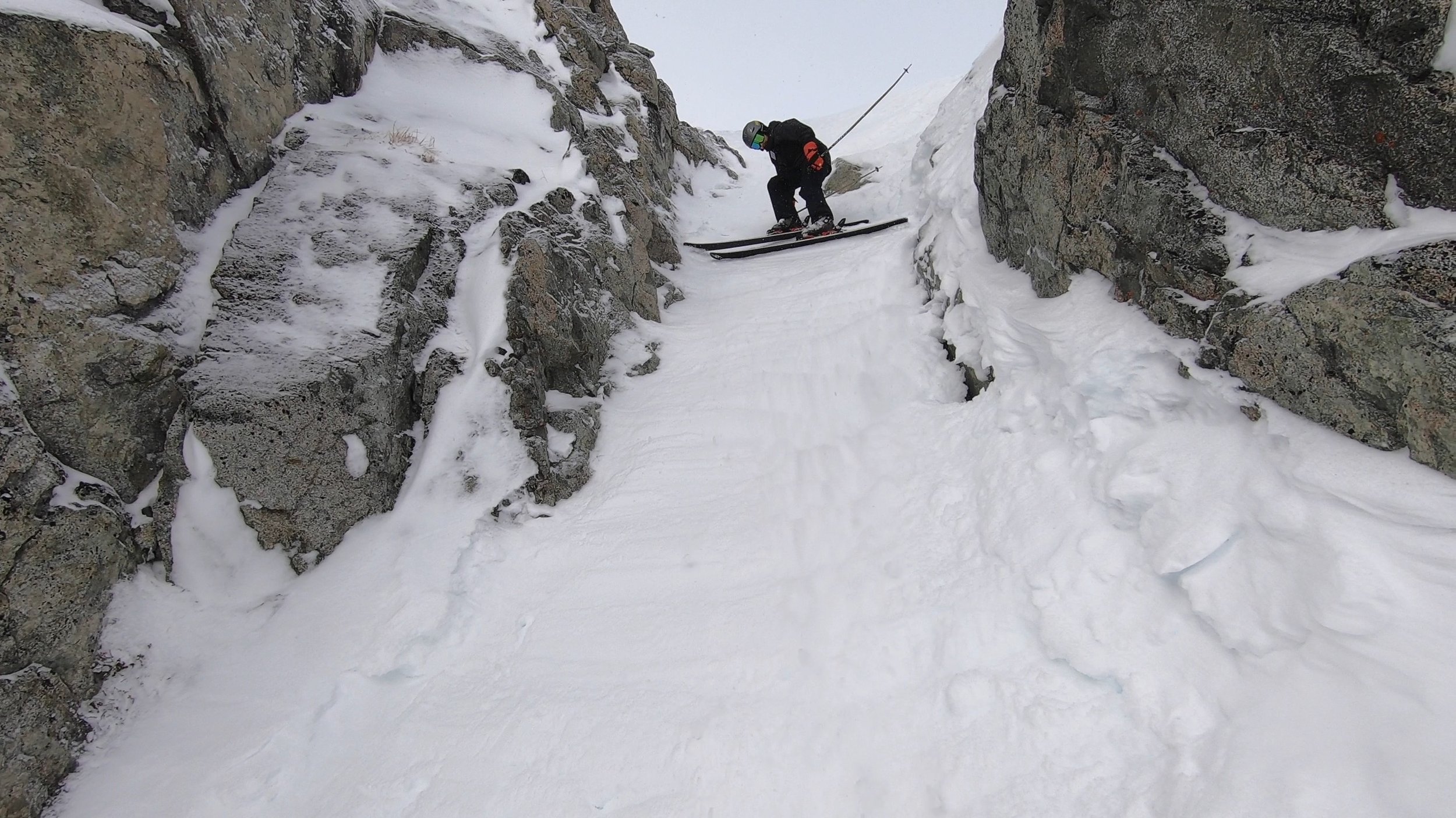Ski Travel Insurance: Is it Worth It?
If you’re thinking of hitting extreme runs like Whistler Blackcomb’s Sapphire Chutes, you may want to think about getting insurance to protect yourself in case of injury.
As winter approaches, you’re probably eagerly anticipating getting back on the slopes for some much-awaited ski trips. But with the excitement and anticipation of these adventures, the topic of insurance may arise—or if it doesn’t, you’ll probably at least see ads for it.
Should you invest in a ski trip insurance plan, or can you rely on the built-in protection provided by entities involved in your trip? Well, in this article, we’ll go through the considerations to help you make an informed decision.
What kinds of ski travel insurance plans are there?
The first question to address is whether purchasing a specific ski trip insurance plan is necessary. These plans typically offer coverage for various aspects of your trip, such as trip cancellation or interruption, medical expenses due to accidents, lost or delayed baggage, and even equipment protection. While the benefits may seem appealing, it is essential to evaluate your individual circumstances before making a decision.
How much does ski travel insurance cost?
One significant factor to consider is the cost of the insurance plan. Ski trip insurance can add a notable expense to your overall trip budget, often ranging from a few percentage points to over 10% of the total trip cost. For some travelers, this additional expense might not be financially viable or justifiable, especially if they are confident in their skiing abilities and have a good track record of injury-free trips.
On the other hand, accidents can happen, and injuries on the slopes are not uncommon. A ski trip can involve high-speed activities, varying terrains, and unpredictable weather conditions, which can increase the risk of accidents. For individuals who are less experienced or are participating in riskier snow sports, the peace of mind that insurance provides can be invaluable.
Is ski travel insurance already built into my vacation?
One aspect that could sway your decision is understanding the existing coverage you may already have. Many ski resorts offer built-in protection for their visitors. For example, lift ticket packages may include limited coverage for on-slope accidents, and some resorts may also have medical facilities or partnerships with nearby clinics. In addition, some credit cards come built in with travel and trip cancellation benefits.
Additionally, if you booked your trip through a travel agent or tour operator, your package might include certain protection as well. They may offer trip cancellation coverage, especially if the operator needs to cancel the trip due to unforeseen circumstances.
However, it is crucial to carefully read the terms and conditions of these protections to know what is covered and what isn't. The extent of coverage provided by resorts and credit card issuers may vary widely, and it might not be sufficient for all situations, such as trip cancellations or evacuation to a medical facility. Rather than assuming you’re covered, we recommend you review the policy thoroughly to assess whether if it meets your specific needs.
What factors should I consider when determining whether to purchase ski travel insurance?
Assuming your resort, travel package, or credit card does not have built-in trip insurance, included, we recommend considering the following when making your insurance decision:
Personal risk tolerance: Assess your skiing or snowboarding experience, physical fitness, and any pre-existing medical conditions that may affect your safety on the slopes.
Trip cost: The more you've invested in your trip, the more important it may be to protect that investment.
Health insurance: Review your existing health insurance policy to understand if it covers injuries sustained during winter sports activities and if it provides coverage at your destination.
Destination: Consider the location and accessibility of medical facilities in the area where you plan to ski. This is especially important if you're traveling to a remote or international location.
Equipment coverage: If you're bringing your own expensive equipment, check whether your home insurance or rental coverage will extend to your trip.
Cancellation policies: Understand the refund policies of your travel and accommodation bookings in case of unexpected events.
Final Thoughts
While we wish we could provide a one-size-fits-all answer here, the decision to insure your ski trip is, ultimately, a personal one. For some individuals, the peace of mind that insurance provides will outweighs the additional cost, especially if one lacks built-in coverage from other sources. On the other hand, experienced skiers and riders, or those with existing protection from resorts or other entities, may feel not need to obtain an additional insurance plan.
Ultimately, we recommend you carefully assess your individual circumstances, review existing protections, and consider the level of risk you are willing to accept. Being informed and prepared will help you make the best decision for your ski trip, allowing you to focus on what matters most—hitting the slopes.
For more information on planning a ski trip and figuring out where to go, check out our 2023 North American ski resort rankings.

